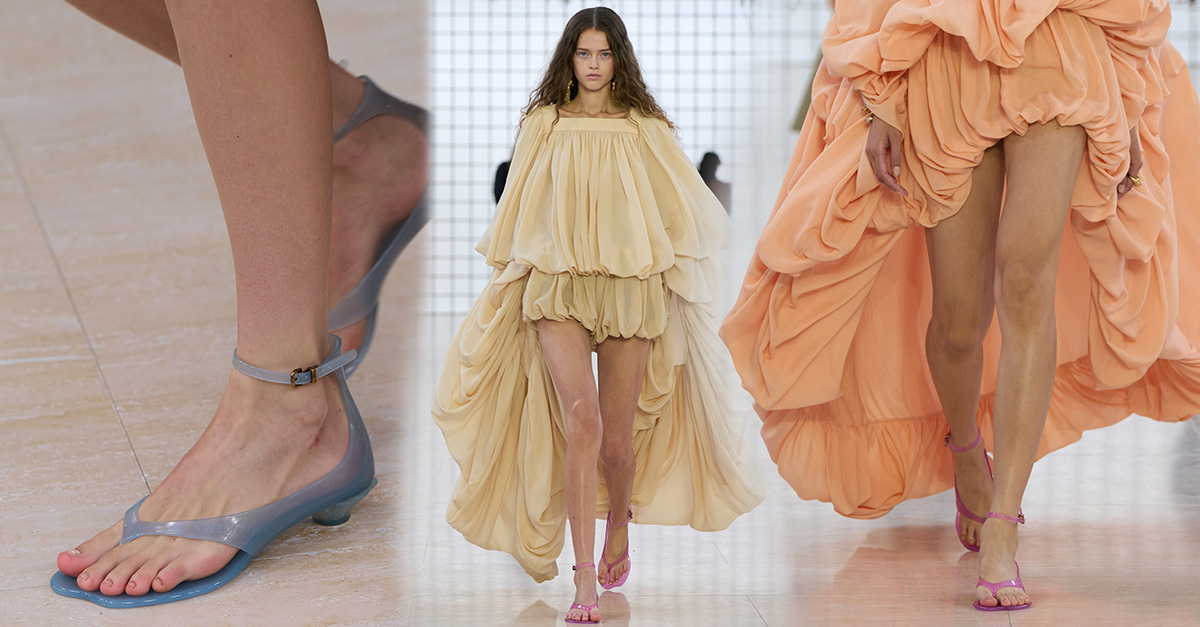After a post-pandemic growth in luxurious gross sales, it’s not a query of whether or not a downturn is coming, however how deep, and the way lengthy it is going to be. Sector bellwether LVMH’s smooth gross sales report final week (9 % development within the third quarter for the vital trend and leather-based items unit that included Louis Vuitton and Dior, or about half its tempo within the first half of the 12 months) proved that not even the largest manufacturers have been proof against financial forces, whether or not it’s the Federal Reserve’s rate of interest hikes or China’s burst property bubble. LVMH’s inventory fell by greater than 8 % after the group launched its outcomes, its largest intraday drop in practically two years. And rivals, from Kering to Burberry, have been dragged down with it.
Blue chip Hermès is on a seemingly infinite scorching streak, however like LVMH, it’s anticipated to report slower development on Tuesday. Kering, which additionally studies Tuesday, is the place issues may get attention-grabbing. Most of the French conglomerate’s key manufacturers, together with money cow Gucci, have been already struggling earlier than the slowdown, so the sector-wide softening may hit particularly laborious. The corporate will argue that its troubles are short-term; Gucci’s gross sales final quarter don’t replicate new designer Sabato De Sarno’s work, and Balenciaga has solely not too long ago returned to the form of advertising and marketing spectacles that buoyed the model earlier than scandal hit final fall. Some persistence is due. However in accordance with Bernstein analyst Luca Solca, if the response to De Sarno’s debut on Chinese language social media is something to go by, Gucci could wrestle to recapture newly frugal luxurious customers.
In some ways, the luxurious downturn resembles the bursting of the e-commerce bubble final 12 months. In each circumstances, the pandemic modified the best way individuals shopped, spurring file gross sales. However the “new regular” proved short-term, and the reversion to the imply painful. For the likes of LVMH and Kering, there are some upsides to a downturn: as valuations come again to earth, the largest luxurious corporations can have alternatives to select up smaller rivals. Kering’s clearly on the hunt for offers to offer it nonetheless better scale, with its 30 percents stake in Valentino and $3.8 billion acquisition of Creed.
LVMH, Kering, Hermès and their friends aren’t loss-making start-ups; they are going to climate this down cycle as they’ve others earlier than it. However they’ll seemingly accomplish that unequally, and this week we’ll learn how a lot ache every of them are in for.
The Week Forward needs to listen to from you! Ship ideas, options, complaints and compliments to brian.baskin@businessoffashion.com.








